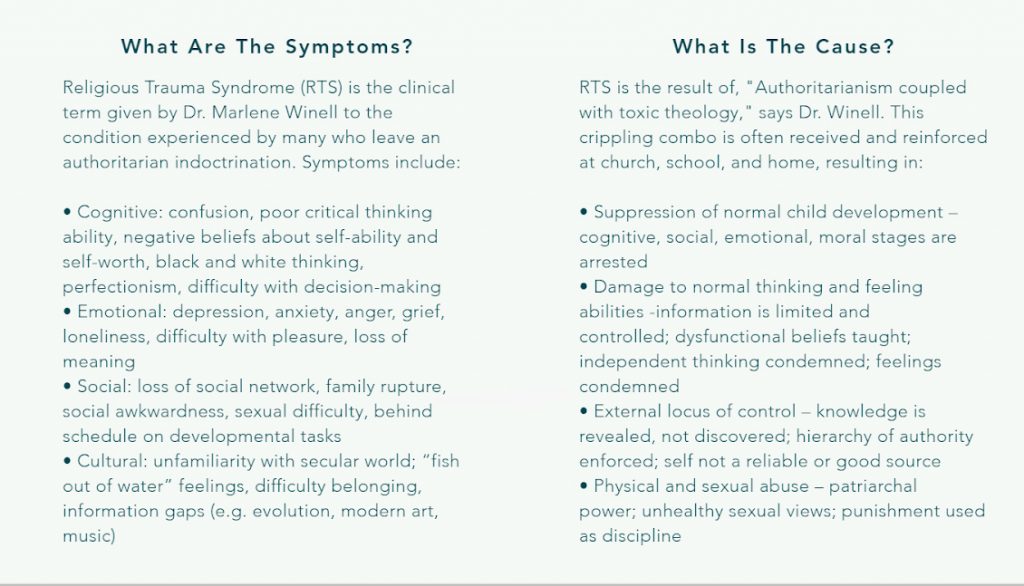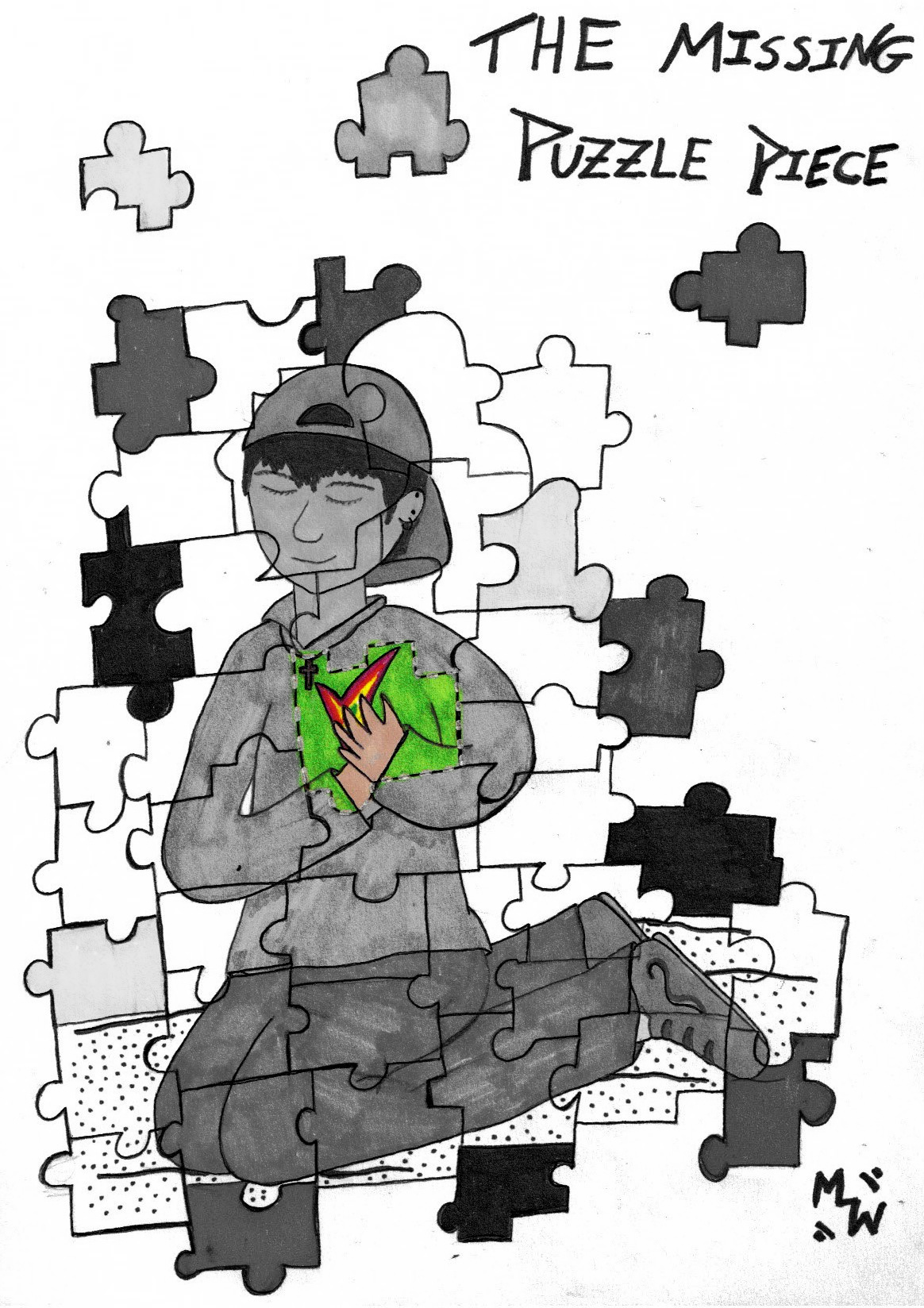I went to the doctor’s office today and was asked if I associate with a religion…and I said no. Wow. I suppose that I am still getting used to that. How did I get here? Well, there are some technicalities, such as the fact that I do not believe that Jesus necessarily died for our sins nor do I believe that you have to believe in him in order to go receive a positive afterlife. My upbringing in the religion made it very clear that this was a necessary belief to have in order to call yourself a Christian; some of you (my wife included) may not have had that as heavily ingrained or maybe you are comfortable “taking a break” from your religion and still calling yourself a Christian…and that’s okay. But for me, being a more clear-cut type of thinker, this belief I had about Jesus was a disqualification for me as a Christian. But there’s more to the story.
I have experienced some hard things since coming out that have truly left their mark on my faith experience. For years I tried to reconcile my faith with my sexual orientation. I searched and explored many churches. I read many books and articles on the topic. I had many conversations. And by the way, I do believe one can reconcile their faith with their sexuality! That was definitely made evident in my exploration. So how else did I come to this point in my life where I now leave that box blank next to the word “christian”?
Trauma.
Trauma by simple definition is “a deeply distressing or disturbing experience”. There are different types of trauma in the psychology world. I am not a psychologist, so I don’t feel like trying to break all of that down because I probably won’t do it justice. I had heard of the term “trauma” plenty growing up, but always had a hard time matching that word to my own experiences as a gay Christian. It was hard because when I thought of the word “trauma”, I thought about loved ones I knew who had been physically or sexually abused, seen a loved one die, dealt with homelessness or abandonment as a child, or something of that nature. I felt that it was almost an insult to call what I experienced “trauma” when compared to those experiences. But when it comes down to it, religious trauma is a real thing.
In fact, there is a term called “religious trauma syndrome” or RTS that is used by some psychologists, though it is not yet officially recognized as a diagnosis in the mental health community. When I heard about RTS, I immediately felt a connection to its definition. It was the word I had been searching for that described my experience without feeling as though I was disrespecting people who had experienced other types of trauma…not that this is a fair way to think, by the way. Comparing your trauma to another person’s trauma isn’t always a helpful way to process the real experiences and emotions you may be dealing with from things people have done or said to you.
As I was reading about RTS and it’s common symptoms and causes, I found that many of them stood out to me. Though this syndrome is often found in people who have just left a religion, I also felt many of the symptoms during my coming out process as a gay Christian and I’m going to spend some time breaking that down a bit more. First, here is a helpful chart for you to read over about the syndrome.

Various symptoms mentioned above that I used to have (or still currently experience) include:
- Cognitive symptoms (negative beliefs about self-ability and self-worth, black and white thinking, perfectionism)
- Emotional symptoms (anxiety, anger, grief, loneliness)
- Social symptoms (loss of social network, family rupture, social awkwardness)
- Cultural symptoms (“fish out of water” feelings, difficulty belonging, and information gaps)
Other symptoms I have read elsewhere also include feeling “numb” and avoidance of addressing the feelings you are having. Not to mention nightmares about things people have said or done. I know without a doubt, that I have triggers that cause some of the emotional symptoms mentioned above. I can no longer go to church, hear Christian worship music, listen to a sermon, or even hear people pray without it triggering deep emotional reactions of anxiety, anger, frustration, sadness, etc. And that’s upsetting to me. It wasn’t always like that. I used to find inspiration and healing out of those things. And simply being gay didn’t cause these things to change. It was the horrendous difficulty I had coming to terms with being gay because of my Christian upbringing, coupled with the experiences and reactions from people I had trusted in the Christian community that followed that coming out process (not to mention the aftermath of getting engaged and married to my wife).
Coming out. Why was it so hard? It’s not hard for everyone. Much of it comes down to your own upbringing (which greatly impacts your cognitive development). Here is a breakdown of common causes of RTS symptoms in correlation to my own experiences based on the chart above (much more could be added, but this is just me).
- Dysfunctional beliefs being taught:
- Gay people are not really gay; they are broken, sick, disturbed, dilusional.
- Gay people go to hell.
- God has ordained marriage to be between a man and a woman only.
- Same sex relationships will never be viewed as holy in the eyes of God.
- Gay people caused AIDS (or AIDS was a sign of wrath from God on the gay community for their sin)
- You cannot be gay and a Christian.
- Only Christians go to heaven, everyone else goes to hell.
- You will never find true happiness or love outside of the Bible’s definition of marriage.
- Independent thinking was condemned and “self” is not a reliable or good source of knowledge:
- Being told that the Bible is the ultimate source of truth and completely infallible. Anything that suggests otherwise, is not to be trusted.
- All texts offered to you or advised for self help are Christian based.
- A poor tolerance to doubting certain scripture or Biblical beliefs.
- Constantly being told that you cannot trust yourself.
- If you come up with a thought or belief on your own, it is inherently not to be trusted if it is not founded in Scripture.
- Doubting scripture is dangerous.
- Scripture based beliefs is what should ultimately guide your biggest life decisions.
- Feeling was condemned:
- Phrases such as “the heart is deceitful and wicked” are constantly reinforced.
- Being told that you cannot base your beliefs off of how you feel, because the heart will mislead you.
- Constant invalidation of feelings because it goes against religious text.
After you really take time to draw these correlations between symptoms and causes, it’s no wonder it’s such a mind boggling experience for many of us to come to terms with our sexuality! The way we are taught makes a huge impact on how we react to the world around us…and how we react to our own existence. Growing up as a dedicated member of the conservative Christian community and then later coming out as queer…the internal turmoil can be so raw, so real, and so terrifying. And then on top of that, many of us have people we love and trust reinforcing these super unhelpful beliefs while we try to come to terms with who we are. This is not easy. It’s very, very difficult. It often requires a total deconstruction of your entire belief system for you to even begin to accept the truth for what it is. This can be a grueling and anxiety provoking task. It’s not something any of us want to do, but we must. We have to be willing to see where we were misled (even with the best of intentions). Some of us will be able to undergo this deconstruction and come out with our religion affiliation still intact, but some of us will not. And both avenues are okay as long as your freedom of thought, your health, and your well being is in the forefront.
I guess I write all of this to bring attention to a very important concept: religious trauma is real. Don’t ignore it. Grapple with what that means for you if you are experiencing something similar; whether that is the trauma you may be feeling as a gay Christian or the feelings you are having as you leave a religion (be it Christian or something else). Seek counseling from friends or professionals when needed. Allow yourself to dig deep. Allow yourself to think freely. Allow yourself to feel. It is not evil, it is simply human. Please know that there are resources out there for you. You can always reach out to me if you would like. I also want to highly recommend this website (www.daretodoubt.org) as a starting point if you are finding yourself having doubts about religion, wanting to leave it altogether, or you feel in danger by others or yourself because of the distress related to leaving a religion. You are not alone. You are capable of getting through this. You will make it. Things do get better.
